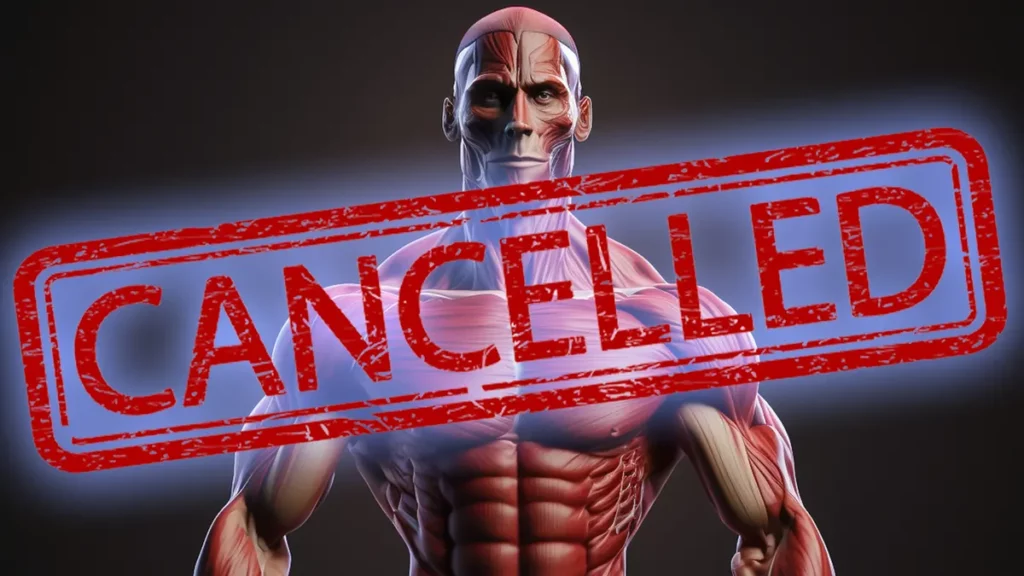Gender Ideology
Major anthropological organizations cancel lecture on biological sex due to “transphobia”
“Follow the science,” we are constantly told by the elites. (Social conservatives, of course, already mutter under our breath when we hear this: Except when we’re talking about abortion…or gender ideology…or how social distancing might cure our STD pandemic…) But this brings up an important question: Who gets to decide what The Science is? And what do those people believe?
The reason this is so important is because we know that many institutions have been ideologically captured. To define our terms for a moment, Wikipedia notes that “ideological capture” – which was previously known as “regulatory capture” – is a “form of corruption of authority that occurs when a political entity, policymaker, or regulator is co-opted to serve the commercial, ideological, or political interests of a minor constituency, such as a particular geographic area, industry, profession, or ideological group.”
Sound familiar? That’s precisely what we’ve seen with the transgender movement’s breathtaking blitzkrieg of our institutions over the past few years – including those that we previously relied on to define The Science.
Consider a recent statement released by the American Anthropological Association and the Canadian Anthropological Society. (I know the social science isn’t technically real science, but bear with me.) Titled “No Place For Transphobia in Anthropology: Session pulled from Annual Meeting program,” these organizations announced on September 28 that scientific inquiry needed to be subject to transgender ideology:
The AAA and CASCA boards reached a decision to remove the session “Let’s Talk about Sex Baby: Why biological sex remains a necessary analytic category in anthropology” from the AAA/CASCA 2023 conference program. This decision was based on extensive consultation and was reached in the spirit of respect for our values, in order to ensure the safety and dignity of all of our members, as well as the scientific integrity of the program.
The first ethical principle in AAA’s Principles of Professional Responsibility is to “Do no harm.” The session was rejected because it relied on assumptions that run contrary to the settled science in our discipline, framed in ways that do harm to vulnerable members of our community. It commits one of the cardinal sins of scholarship—it assumes the truth of the proposition that it sets out to prove, namely, that sex and gender are simplistically binary, and that this is a fact with meaningful implications for the discipline.
READ THE REST OF THIS COLUMN HERE








